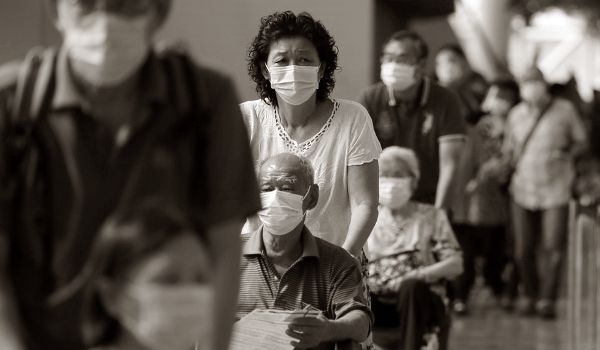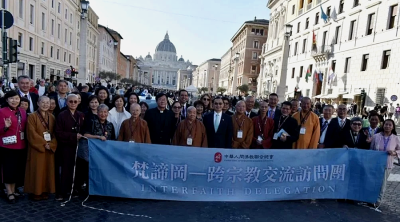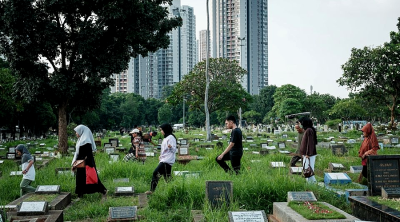Sin Chew Daily
It has been more than a year since the onset of the coronavirus outbreak in the country.
Initially we had to impose movement controls in order to break the infection chain as there wasn't any vaccine available yet.
Today, there have been changes to the scenario while vaccines are already in the market, in addition to our improved knowledge about this virus. It is therefore time to modify our anti-virus strategies.
As health DG Dr Noor Hisham has said, we have already changed our virus strategy and we no longer depend only on public health measures to stop the spread of the virus, but to significantly increase the vaccination rate.
Our initial strategy to contain the virus was through the adoption of lockdown and control measures. Nevertheless, save for the MCO 1.0 which was relatively successful in bringing down the infection numbers, the subsequent "half-baked" orders have failed to achieve the desired goals.
We cannot deny that strictly enforced MCO should be able to help contain the spread of the virus, but this will come with an undesirable effect: damage to the national economy. The stricter the MCO, the better the effects but the more damage it will do to the economy.
To strike a balance between life and livelihood, the government has so far acted very indecisively. As a result, we have failed to stop the virus while the economy is badly impacted.
In fighting a pandemic of an unprecedented scale, the authorities need to adopt a more flexible approach by constantly modifying our anti-virus strategy. Although the emergence of vaccines has brought a new ray of hope in humanity's fight against the virus, do bear in mind that the vaccines will not completely eliminate the virus and an inoculated person can still get infected. The best the vaccines can do is to dramatically reduce the rate of hospitalization, as well as the incidence of severe illnesses and death. As it is impossible to completely rid our planet of the virus, perhaps we should contemplate how we are going to live with the virus in the years to come.

This is actually not a novel idea. The UK has planned to lift all anti-virus restrictions on July 19, no more mandating face masks in the public. This is actually a move towards the notion of "living with the virus".
Additionally, three Singapore ministers have pointed out earlier that the coronavirus could be reduced to a localized epidemic and that Singaporeans must learn to live their normal lives with the virus.
"Living with the virus" could as well become the new normal of future, but before this is done, we will need to significantly increase the vaccination rate among Malaysians.
At this moment, the national vaccination program is being carried out in full force, as we have recorded new highs in daily vaccination rates in excess of 300,000. According to the Special Committee on COVID-19 Vaccine Supply (JKJAV), some 11,075,493 vaccine doses had been administered nationwide as of July 10. This is a very positive development and it is hoped that such momentum could be sustained so that more Malaysians will complete their vaccinations.
Additionally, we should not neglect those who have yet to register for the vaccination and the authorities must invest more resources and seek the collaboration of more parties to encourage these people to go for vaccination as we prepare ourselves to "live with the virus".
ADVERTISEMENT
ADVERTISEMENT


































